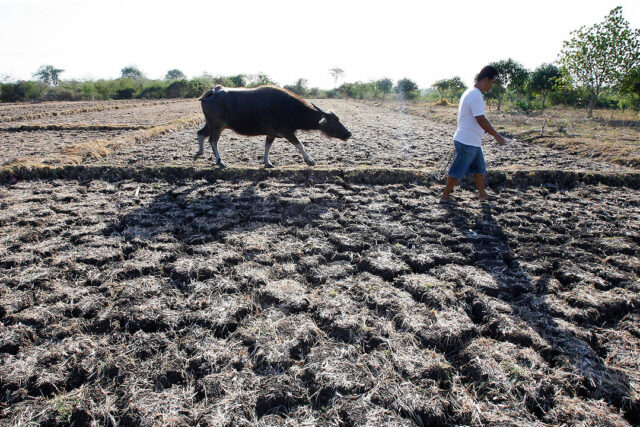By Justine Irish D. Tabile, Reporter
A FREE trade agreement (FTA) with the European Union (EU) needs to be concluded by the time the Philippines’ current market access arrangements expire, the government’s chief trade negotiator said.
Trade Undersecretary Allan B. Gepty told reporters that the EU’s Generalised Scheme of Preferences Plus (GSP+) scheme currently gives Philippine products preferential access to the EU.
GSP+ comprises a set of trade concessions granted by Europe to developing countries that meet its criteria for human rights, labor rights, sustainable fishing, and other international norms.
“While it has been extended up to December 2027 and we are waiting for the new GSP scheme, the fact remains that the Philippines will reach the threshold of upper middle-income status and will no longer be qualified as a beneficiary of the EU GSP+,” he said.
“(That) means that we have to really fast track the FTA negotiations so that, in terms of trade, particularly exports, there will be no disruptions to our stakeholders or exporters because we want to maintain, at the very least, the same level of preferential arrangement,” he added.
The Philippines currently participates in the EU’s special incentive arrangement for low and lower middle-income economies, in which zero duties are collected on 6,274 Philippine-made products.
Meanwhile, the Philippines and the EU announced in the first quarter the formal resumption of the negotiations for an FTA, which were halted in 2017 due to the EU’s concern over the policies of the Duterte administration.
The FTA is expected to increase bilateral trade by 6 billion euros and help attract more European investment to the Philippines, Mr. Gepty said.
“In terms of investment, this is what the European investors are looking for and also, I would say, anticipating because they want a more stable and predictable business environment,” he said.
“This can be done when (the Philippines) commits to rules and disciplines in the process of investment, services, sustainable development, competition, and intellectual property, among others,” he added.
Chris Humphrey, executive director of the EU-ASEAN Business Council, told BusinessWorld that the Philippines may lose its GSP+ privileges for no other reason than the country’s own economic development.
“The thing with the GSP+ is that it is time-limited, and a lot of it is tied to your own economic development. And with the Philippine economy growing quite rapidly, at some point in the not too distant future, you will lose GSP+ privileges in any case,” Mr. Humphrey said.
“It’s just a question of when, not a question of if. And the FTA will mean that you maintain that preferential access to the European market; therefore, it’s very important for the Philippines,” he said.
However, he said that the Philippines and the EU should work together to make sure that the FTA is properly utilized.
“This is a problem with many trade arrangements. And the problem really lies in businesses not understanding the preferences that are available to them,” he said.
“Unfortunately, for many trade deals, businesses don’t always know about them or don’t know how to utilize them. So we need a lot more communication around that; it’s a job for governments, and it’s also a job for business associations like ourselves to alert people of it,” he added.
Meanwhile, Mr. Gepty said that the government has conducted trade policy dialogues with stakeholders and plans to raise rules of origin issues in the negotiations, which have been a concern for exporters.
“In every negotiation, as much as possible, if it is in your interest, you really have to negotiate for the most liberal rules of origin,” he added.
Mr. Humphrey said a resolution will depend on how the negotiations go, as preferential trade access to any market requires countries to meet specific rules of origin requirements.
“Now, often in trade agreements, the rules of origin will say that a certain percentage of the value of the goods needs to be originating in the Philippines before it goes to the EU,” he said.
“So the question is, how much can they (the Philippine negotiators) drive that percentage figure down, and what are the requirements then to prove that value? So it will come down to the details of the negotiation in that case,” he added.
According to Mr. Gepty, the formal negotiations are expected to start by October, while initial meetings at the chief negotiator level have started.
The Philippine Statistics Authority reported that total trade between the EU and the Philippines was $16.17 billion in 2023. Preliminary data from the Bangko Sentral ng Pilipinas indicate that total foreign direct investment from the EU last year amounted to $63.99 billion.










